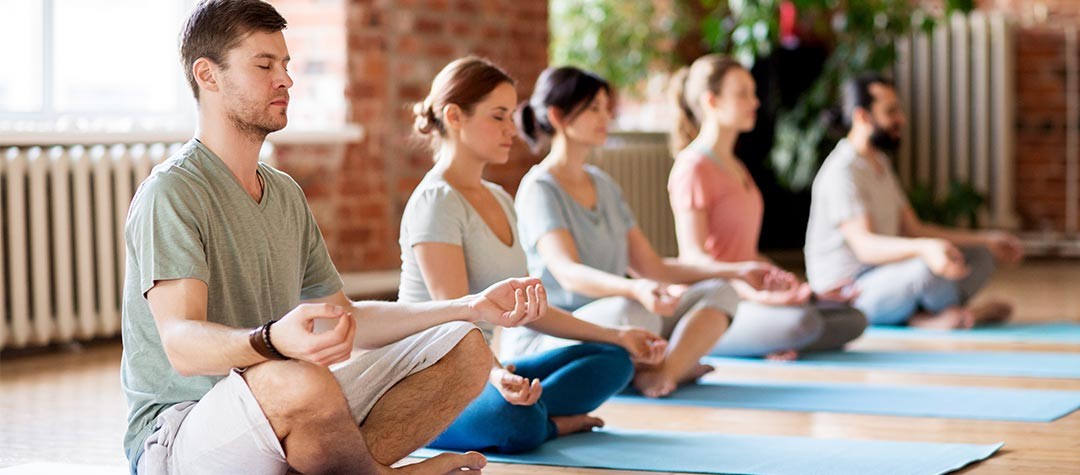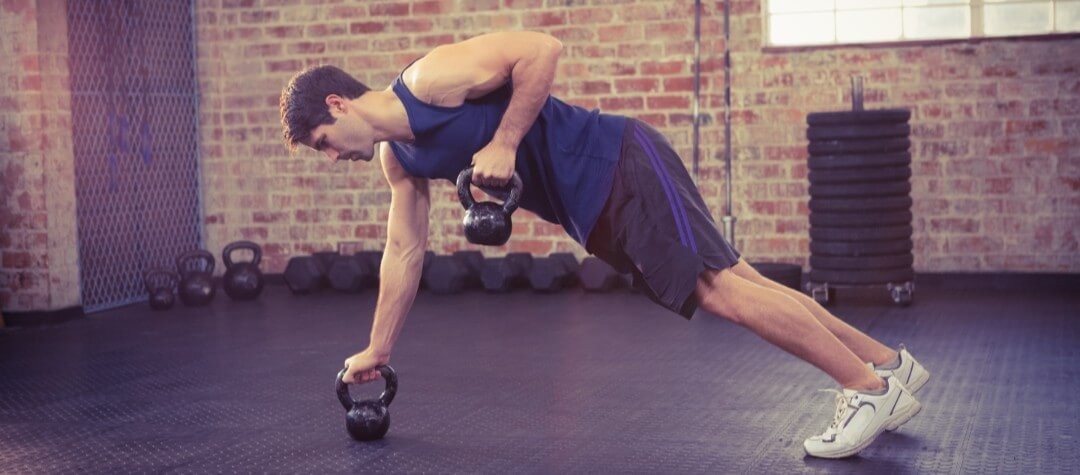Knowing the best time to work out can have a serious impact on your sessions. Find out how to work out the ideal time for your to exercise.
Are you exercising at the wrong time? Can changing your gym routine actually affect your workout? How can utilising the time of day change my exercise?
There is certainly evidence to suggest that the body is more geared up for physical activity at certain times more than others. This is due to our ‘circadian rhythms’, 24-hour biological rhythms, that influence everything from body temperature to heart rate, muscle strength to hormone levels and enzyme activity.
Evening time workouts
Pro - As far as most physiological variables are concerned, it seems that late afternoon to early evening is prime time for a workout. ‘In the morning, body temperature is low, the nervous system sluggish and joints, ligaments and tendons stiff,’ explains Professor Reilly, an expert on circadian rhythms at Liverpool John Moores University. Coordination, stamina, lung performance, flexibility and strength are all at optimum levels later in the day, making your body most efficient for exercise.
In the morning, body temperature is low, the nervous system sluggish and joints, ligaments and tendons stiff.
Other physiological variables that are at rock bottom in the morning include ventilation, meaning more breaths are required to get the same amount of oxygen into the body, and cardiac output; the amount of oxygenated blood pumped around the body by the heart each minute. What’s more, a study published in the British Journal of Sports Medicine (2002) found that early morning exercise left swimmers’ immune systems compromised.
Con - However after a long day at work for example, energy levels can feel lower in the afternoon, you can feel tired and sluggish, affecting how well you workout. Waking up early in the morning and working all day can exhaust you both physically and mentally, and once you’ve finished work or made your way through the day, getting home means time to relax , not to then whip the gym kit on and keep going for another few hours. Motivation later in the day can be a big factor for skipping a workout, as generally willpower to hit the treadmill can dwindle as the day goes by.
Towards the latter part of the evening the body also begins to produce the hormone melatonin, this is the substance that prepares the body for sleep. To then go and exercise, making your muscles and organs work harder when they're expecting to settle down for the evening, will clearly impact on your ability to exercise efficiently.
Early morning workout
Pro - Sport however, isn’t all about brawn – you need brains too! And research shows that people learn new motor skills more readily in the morning than in the evening. Short-term memory and fine motor control are also superior in the morning compared to later in the day, which essentially plays a part in overall performance. How quickly and efficiently your mind works is inevitably a major factor in sport and so if you're want a clear and focused mind, morning is your best option.
Research shows that people learn new motor skills more readily in the morning than in the evening.
And, of course, what happens in the real world isn’t just dictated by scientists. If you are a self-professed early riser, then despite physiology, you may perform better in the morning; alertness, memory and testosterone being at a peak, and therefore exercise more efficiently. Research also suggests that the over 50s are less detrimentally affected by early morning workouts than younger people.
Con - But as many of us know rolling out of bed an hour early to slave over a workout doesn't sounds like the ideal start to a day. Exercising in the morning will perk you up, energising you and preparing you for the day ahead , but if you love your slumber and can't bear to think of parting from your comfy bed at the early morning hours, you can put yourself in a negative or tired frame of mind.
Your mental state is very important in relation to how motivated and therefore efficiently you workout and if you're tired and resentful from being torn away from your bed, morning exercise will evidently not be for you. Although morning exercises are productive and rejuvenating, if it's not for you, forcing yourself to exercise when your body is in a state of post- slumber shock will be disadvantageous.
Planning around your meals
How efficiently you exercise is also dependent on your fuel; working out with little energy in your system will obviously affect negatively on your ability to perform efficiently. If breakfast isn't appealing to you and you eat most nutritiously at lunchtime or evening, then working out will be more suited for the afternoon or evening as your body has a better supply of energy.
If you love indulging in a large breakfast soon after you wake up and prefer to stock up on nutrients in the morning, then exercising within an hour or so of eating is ideal, leaving you the evening to rest and settle down. Fasted workouts can work for those trying to strip fat, particularly those weight training, but you shouldn't overdo the fasted cardio as this can put your body under a lot of stress. A limited supply of carbs can also make you perform insufficiently when working out, stopping your body from reaping the full benefits of your exercise.
Working with insomnia
If your nights consist of tossing and turning because of insomnia it may be tempting to have a workout in hopes that maybe exerting yourself could help your much needed slumber. And theoretically this can be tempting as hard exercise can sometimes leave you tired. But exercising can actually be quite disruptive to your sleeping pattern, particularly if already struggling with sleep.
When exercising your body’s temperature and heart rate increase, your body also releases endorphins, happy hormones, and despite that these do relax us, a combination of all these elements can prevent the body from entering sleep preparation. A heated body and bumping cardiovascular system can prevent you from getting the sleep and recovery you are currently missing.
Instead practice some relaxing, sleep inducing remedies in the evening to encourage the progression of your body to prepare for sleep. Establishing a set bedtime routine can also prepare your mind for immanent slumber, and while exercise is advised earlier in the day to get you working and tire you out, winding down later in the evening is ideal to avoid insomnia and rest properly.
Fitting it in with your schedule
With all these points in mind sometimes working out at particular points in the day just isn’t feasible due to our lifestyles. Whether work, commitments, family or responsibilities, fitting in a morning workout or exercising in the afternoon just isn't possible, and so it is best to figure out the ideal time for you individually, both physiologically and practically.
Arranging your schedule and trying out different times available for you to exercise is the best way to see what options you have. If limited time is available in the evenings but your body just can't workout in the morning, finding an alternative such as a mid-afternoon workout to ensure that you're not missing out on any workouts, but still working your body effectively.
Listening to your body clock
But as informative as all these facts and studies can be, the best time essentially comes down to when is best for you. Some people can bounce out of bed and be ready and equipped for the day ahead, whereas it can take others a good few hours for their body to wake up. Your body clock is determined by your circadian rhythms and if you try and exercise outside of these rhythms this can affect poorly on your exercise performance.
The idea that you should do what feels right for you is backed up by a study published in the Journal of Medicine and Science in Sports and Exercise , which found that people who usually train either in the morning or evening performer more efficiently at the time of day that they were used to training at.
So what does it come down to? Finding the ideal time for your body to function properly, exploit the different morning or evening benefits and fit in with your schedule. There is no point spoiling your sleeping pattern or working out when you can't function efficiently, and so try exercising at different times to explore what the best option is for you.














